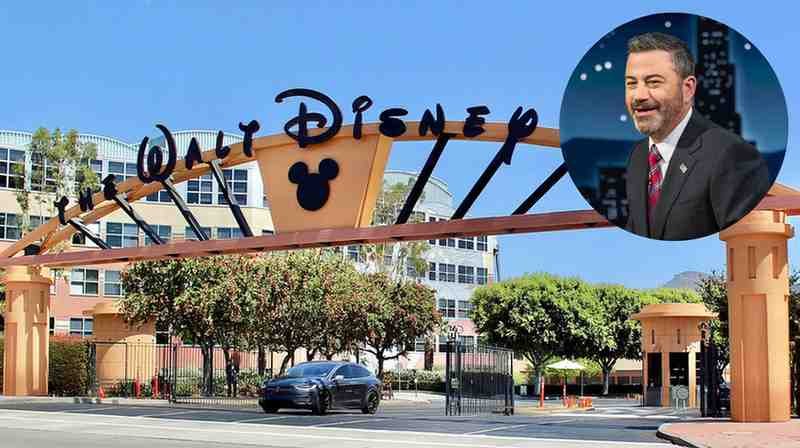What Happened: The Trigger That Led to Suspension
-
Jimmy Kimmel, in his monologue Monday, September 15, 2025, criticized how some conservative circles (e.g. “the MAGA gang”) were allegedly attempting to distance themselves from the person who killed conservative activist Charlie Kirk, while also using the tragedy for political leverage.
-
The following day, FCC Chairman Brendan Carr condemned Kimmel’s remarks, calling them “some of the sickest conduct possible” and suggested the potential for regulatory action, in particular questioning whether ABC (owned by Disney) was meeting its public interest obligations as a broadcaster.
-
Major ABC affiliates, notably Nexstar Media Group (and also Sinclair) responded by pulling Jimmy Kimmel Live! from their stations. ABC then announced that the show would be suspended indefinitely.
Why It’s a Big Deal: Business, Free Speech, and Media Power
-
Regulatory precedent: Broadcasters holding FCC licenses have obligations under U.S. law to serve “public interest, convenience, and necessity.” When the FCC chair starts threatening consequences for content, that sets a precedent about how free speech is policed via regulatory tools.
-
Corporate risk & reputation: Disney—already a behemoth in entertainment—is navigating tensions between its business interests (advertisers, affiliates, regulatory exposure) and the artistic / expressive side of broadcasting. Suspending a high-profile late-night host risks backlash from viewers, the creative community, and media observers.
-
Market impact: Public sentiment matters. News sources report that Disney’s stock or market value faced visible dips following the suspension announcement.
How People Reacted: Support, Criticism, and Boycott Energy
-
Support for Kimmel came from fellow entertainers and creative figures. For example, Lost co-creator Damon Lindelof expressed anger and threatened not to work with Disney unless Kimmel is reinstated.
-
Criticism mainly centered around perceived political bias, “overreach” by regulators, and concerns about chilling effects on free speech. Former Disney CEO Michael Eisner questioned Disney leadership—asking, “Where has all the leadership gone?”
-
Boycott campaigns: Fans, subscribers, even stars (like Tatiana Maslany) called for canceling Disney+, Hulu, and ESPN subscriptions in protest. Some Disney devotees also threatened to stop visiting parks, buying merchandise, etc.
What’s at Stake: The Losses & Risks for Disney
-
Financial hit: While total losses are still being measured, there are reports of a $3.5 billion drop in Disney’s market value after the suspension announcement.
-
Talent and creative community trust: When creators feel that a company side-steps defending its talent under regulatory or political pressure, it can degrade trust. This may make future partnerships, shows, or content deals more difficult.
-
Audience loyalty & brand damage: Boycotts may spur cancellations in streaming, negative social media sentiment, and brand weakening—especially among consumers sensitive to free-speech issues. Even if many customers don’t act, perception counts.
What This Means Going Forward: Lessons for Media, Regulators & Viewers
-
Broadcasters need clearer policies around content that deals with politics, violence, and public safety—especially monologues that can be interpreted as attributing motive, ideology, or group ownership before facts are confirmed.
-
Regulators may lean more heavily on broadcasting licenses as levers of content control. Media companies must assess what lines might trigger regulatory or affiliate pushback.
-
Viewers are more aware: free-speech, corporate courage, and perceived censorship are becoming litmus tests. Companies that don’t communicate transparently may lose trust.
Conclusion
The Jimmy Kimmel suspension isn’t just another late-night controversy. It’s a flashpoint that spotlights how powerful regulators, media corporations, creators, and audiences interact in a polarized moment. The outcome may reshape what late-night hosts can say, how networks handle controversy, and how viewers decide what to support.

